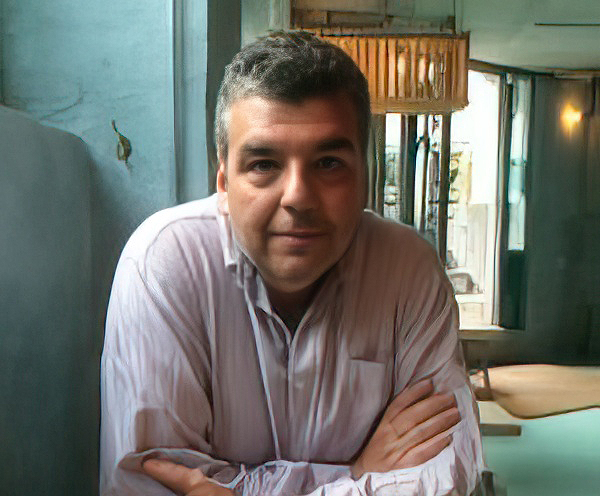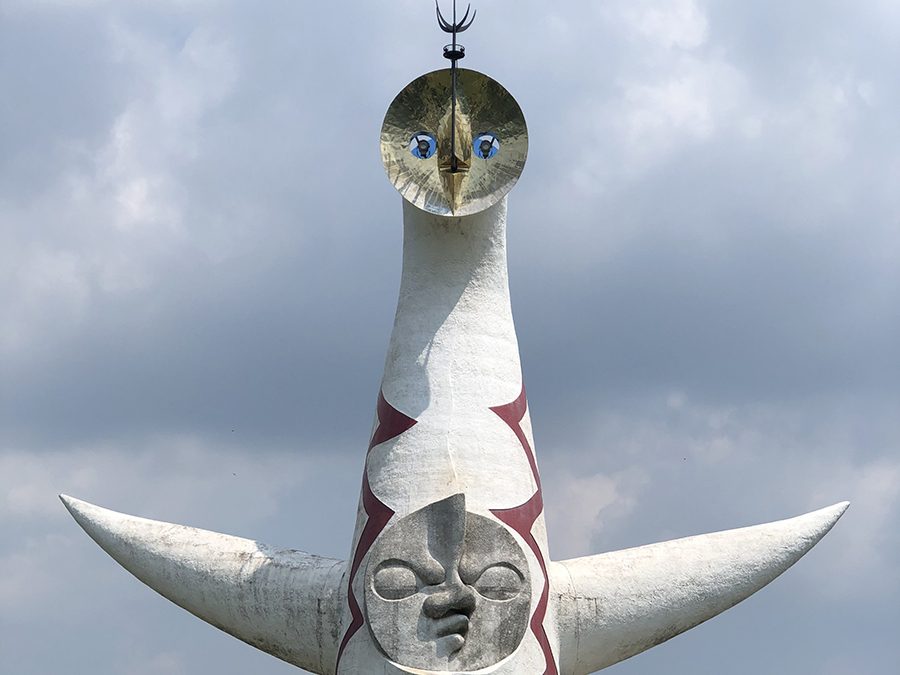The School for Advanced Research is delighted to welcome our first post-pandemic Adams Fellow in the History of Anthropology, University of North Carolina Professor of Anthropology Christopher T. Nelson. While at SAR, Dr. Nelson will prepare an annotated translation of a seminal monograph, Okinawabunkaron (On Okinawan Culture) by an important Japanese anthropologist, artist and public intellectual for publication. The author, Okamoto Taro, is perhaps the most significant Japanese artist of the postwar era.

Dr. Christopher T. Nelson



With the support of the Adams Fellowship, Dr. Nelson will complete his translation and critical introduction of Okamoto’s book for publication. Please join us online June 29 at 2:00 p.m. for his presentation of this project, “Phantom Japan: Okamoto Taro’s art and ethnography of Okinawa.”
Professor Nelson, in the Department of Anthropology at UNC Chapel Hill, is the outgoing editor of Cultural Anthropology and is the author of When the Bones Speak: Value, Sacrifice, and Creative Action in Contemporary Japan (Duke University Press, forthcoming) and Dancing with the Dead: Memory, Performance, and Everyday Life in Postwar Okinawa, Duke University Press, 2008.
Images of Okamoto Taro’s work, by Christopher T. Nelson
